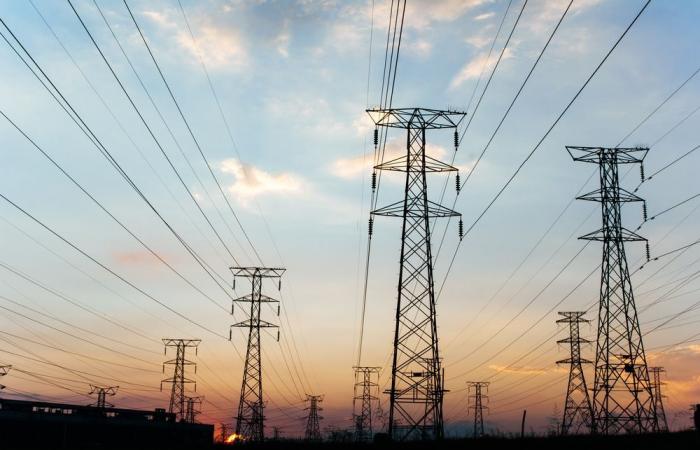At the crossroads of tensions between the European Union and Russia, Lithuania is taking a strategic step in its energy independence. Faced with threats of sabotage, Vilnius is deploying exceptional security measures to protect its critical infrastructure. On February 8, 2025, Lithuania and its Baltic partners will complete their decoupling from the Russian electricity system. This event, awaited for decades, represents a major step forward towards the energy autonomy of these former Soviet states. However, the transition to the European network is accompanied by unprecedented security challenges. Fearing acts of sabotage, the Lithuanian government announced reinforcements in the protection of its vital infrastructure. An essential maneuver in a context of heightened geopolitical tensions.
The strategic issue of a break with Moscow
Since their independence in 1991, the Baltic countries have remained, by necessity, connected to the Russian electricity grid. The frequency of their power was still regulated from Moscow, a situation which limited their energy sovereignty. In response to Russian aggression against Ukraine in 2022, these nations have stepped up efforts to synchronize their network with that of the European Union.
The stages of energy emancipation :
- In 2018, the EU allocated funds to accelerate the integration of the Baltic countries into the European electricity grid.
- In 2022, the Baltic states stopped all imports of Russian electricity and gas.
- On February 9, 2025, synchronization with the European electricity system will be effective.
This transition marks a break with the BRELL system (Belarus, Russia, Estonia, Latvia, Lithuania), inherited from the Soviet era. It also symbolizes a major step in the Euro-Atlantic integration of the Baltic countries.
Threats of sabotage: an appropriate response
The announcement of acts of sabotage in the Baltic Sea, which occurred in December 2024, highlighted the vulnerabilities of critical infrastructure in this strategic region. Submarine cables linking Estonia to Finland have been seriously damaged, possibly by a Russian ship suspected of belonging to a ‘ghost fleet’. These incidents accelerated Vilnius’ decision to strengthen the protection of its energy infrastructure.
- New security measures :
- Enhanced monitoring of the LitPol Link energy bridge : Initially scheduled for April, the protection of this key connection with Poland will begin on January 15, 2025.
- Protection of underwater infrastructure : Connections with Sweden, crossing the Baltic Sea, will benefit from increased security from April 2025.
- Substitution of private companies : Infrastructure security will be entrusted to the Public Security Service, considered better prepared to deal with complex threats.
Prime Minister Gintautas Paluckas said the measures were in response to detailed threat assessments, covering both physical and cyber risks.
A symbolic battle in a tense geopolitical context
For Lithuania, this transition is not limited to a technical or economic question. It constitutes a strong political act in an environment where energy is used as a lever of power. By depriving Russia of this influence, Vilnius is establishing itself as a model of strategic resilience for other border states.
Lithuanian authorities assured that a contingency plan was in place to respond to any attempted disruption. Arnoldas Pikžirnis, Deputy Minister of Energy, said the country has sufficient reserve capacities to ensure grid stability even in extreme scenarios.
Short-term challenges :
- Strengthening the resistance of infrastructure against cyberattacks, an area where Moscow excels.
- Ensure the reliability of supplies via the new European networks.
- Maintain close cooperation with NATO partners to monitor strategic areas, such as the Baltic Sea.
Lithuania thus shows that it not only anticipates immediate threats, but that it places its energy policy in a long-term perspective, where national security and strategic autonomy converge.
A reaction? Leave a comment
Did you like this article? Subscribe to our free Newsletter for engaging articles, exclusive content and the latest news.






